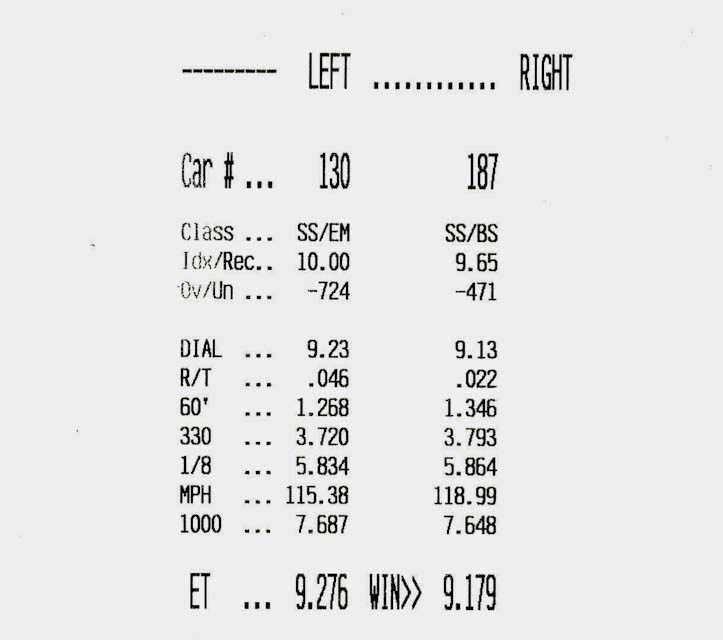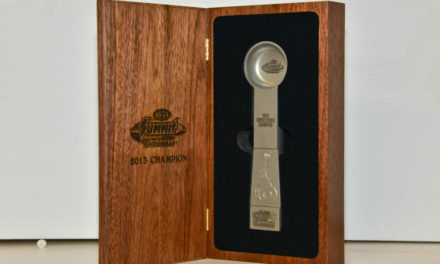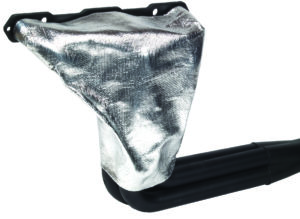I TOLD YOU SO

At the Bristol NHRA national event a couple of weeks ago, Cameron Ferre was on a career best pass in his Top Fuel car. Possibly hopping out of the car with jubilation, that excitement was short-lived when he was told no elapsed time was recorded due to a computer malfunction. What?
There was also some sort of confusion at the Dallas national event regarding the use of different timing wiring or something. I wasn’t at either event and I know of little that transpired but it brings up something I’ve spoken about before. I think I related this story to you before but allow me to mention it one more time.
When we first moved from the suburbs to rural New Jersey, the incandescent lights in our house would go bright and dim, bright and dim. Thinking it to be an electrical problem, we contacted the electric company who placed a data logger of sorts on our electric meter, taking a reading every ten minutes leaving it 24/7 for two weeks. When they came back to download it, they noticed there were times when the incoming voltage dropped to 100 volts or so as opposed to 120.
As it turned out, there was a transformer outside on the telephone pole in which since it was installed, several new services had been added, which probably overtaxed it at times. The installation of a new transformer fixed the issue. But it got me thinking, how does incoming voltage affect a timing system? One would think there is filtering to alleviate that though. However, can that affect a timing system especially when we’re now timing things to four digits after the decimal point? Of course this is not to blame anyone or anything; it just happens.
I call it my “well pump theory.” Someone in the tower flushes the toilet and the well pump kicks on to refill the bowl. Along with that, maybe it flushes your elapsed time down the drain with it. Noted racer Sheldon Gecker calls it his “popcorn machine theory.” Same thing; someone turns on the popcorn machine and the voltage drops once again having an effect on your time slip. Is any of this true? Who knows?
We had gone to a test session years ago to test headers. This was at a time when I had a small block engine in my dragster. I was pretty good at guessing just what the car would run on the first pass and figured it should go an 8.30-something. First pass and it runs an 8.43, a little off but we’d make a second pass to baseline before changes. Second pass with no changes and I return with an 8.33 time slip. That car was never that inconsistent. Downloading the car’s data logger, you could overlay the engine and driveshaft rpm from both runs and they matched almost perfectly; certainly not a tenth apart. Why? Actually, that same thing has happened several times now that we have data loggers to show us this kind of thing.
So what do you believe? The 8.43 or the .33? It’s actually the same thing I have preached when racers complain about their car’s inconsistency. Ask around. If everyone else is experiencing the same, then chances are it’s not your car. If you’re experiencing the same thing at different tracks, then yes, maybe it is your car. Unfortunately, we have little to rely on other than the time slip. That little piece of paper tells the whole story. You could certainly dispute it, but the facts are the facts. You have to base your whole day at the races on the time slip regardless if you think it’s wrong or not. I think in most cases you’ll find it to be correct, but there are those instances where… “I told you so.”








